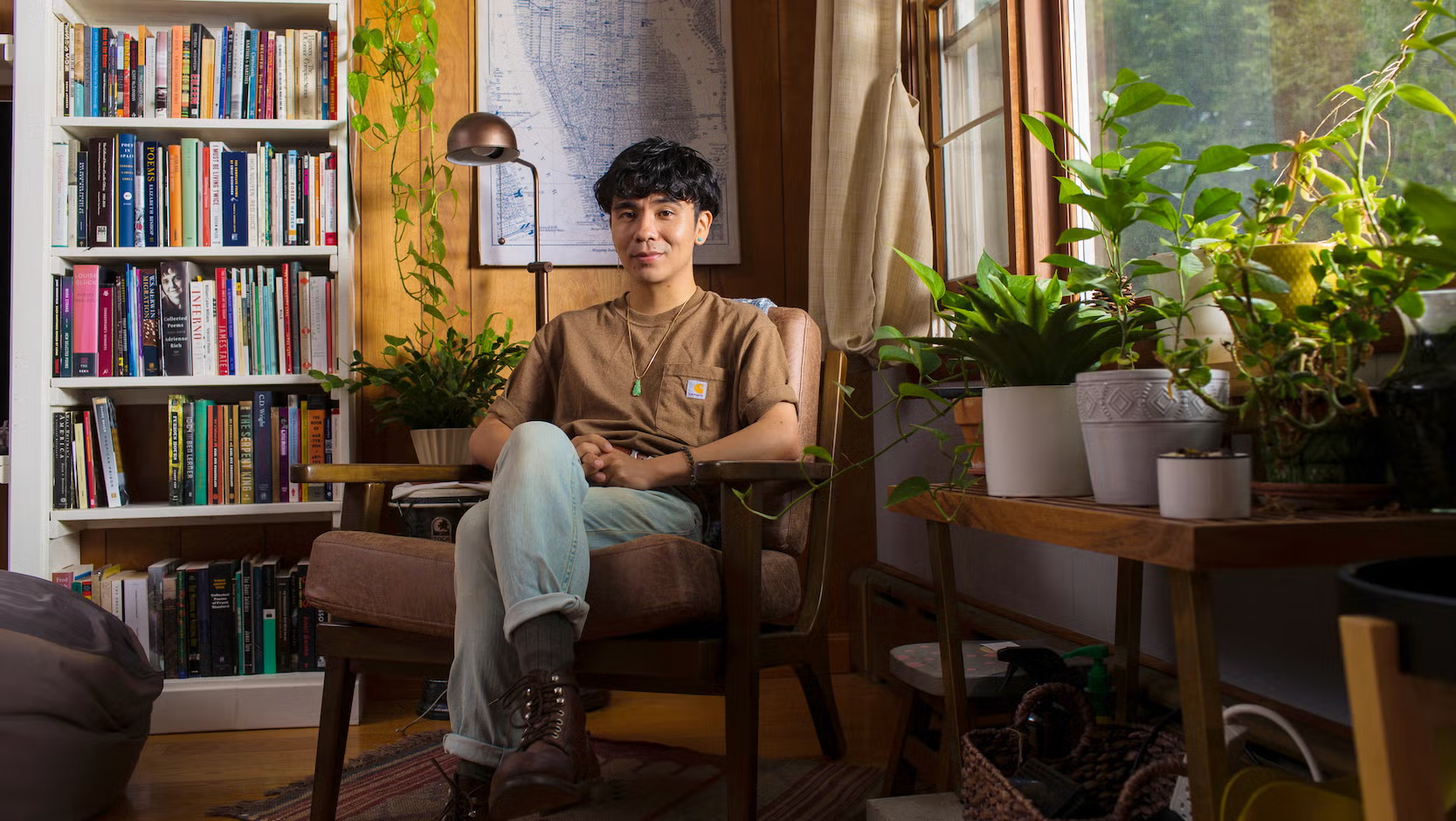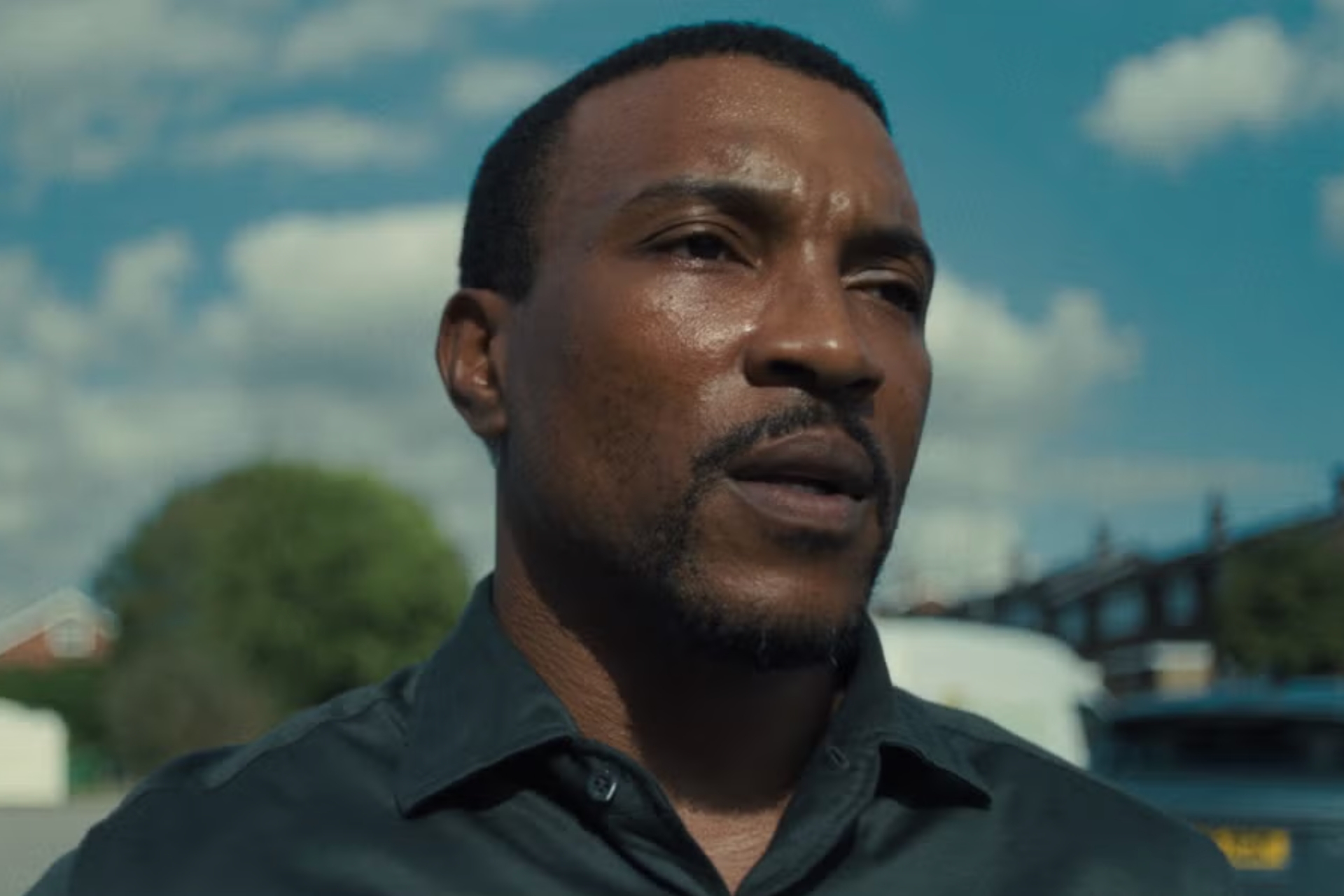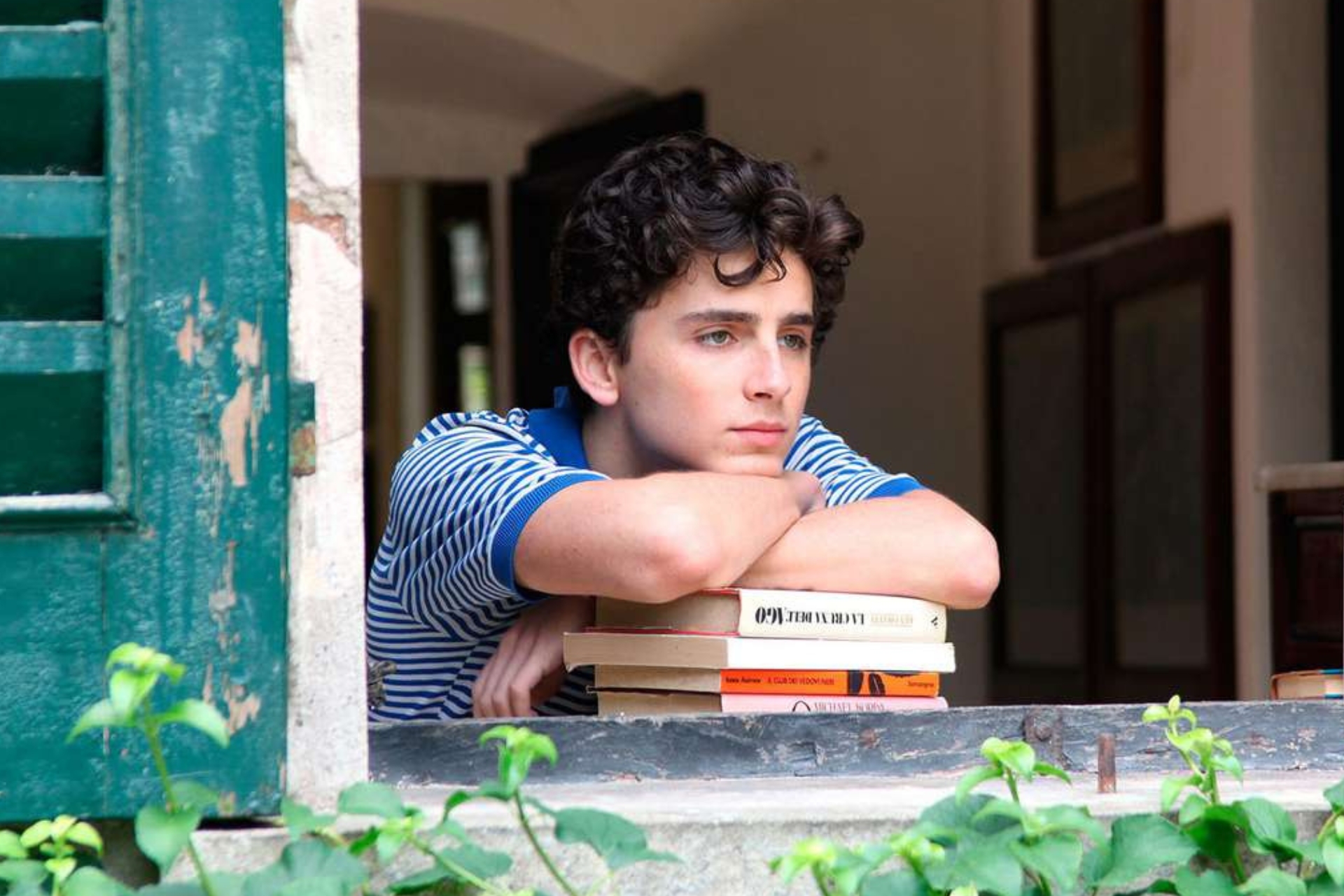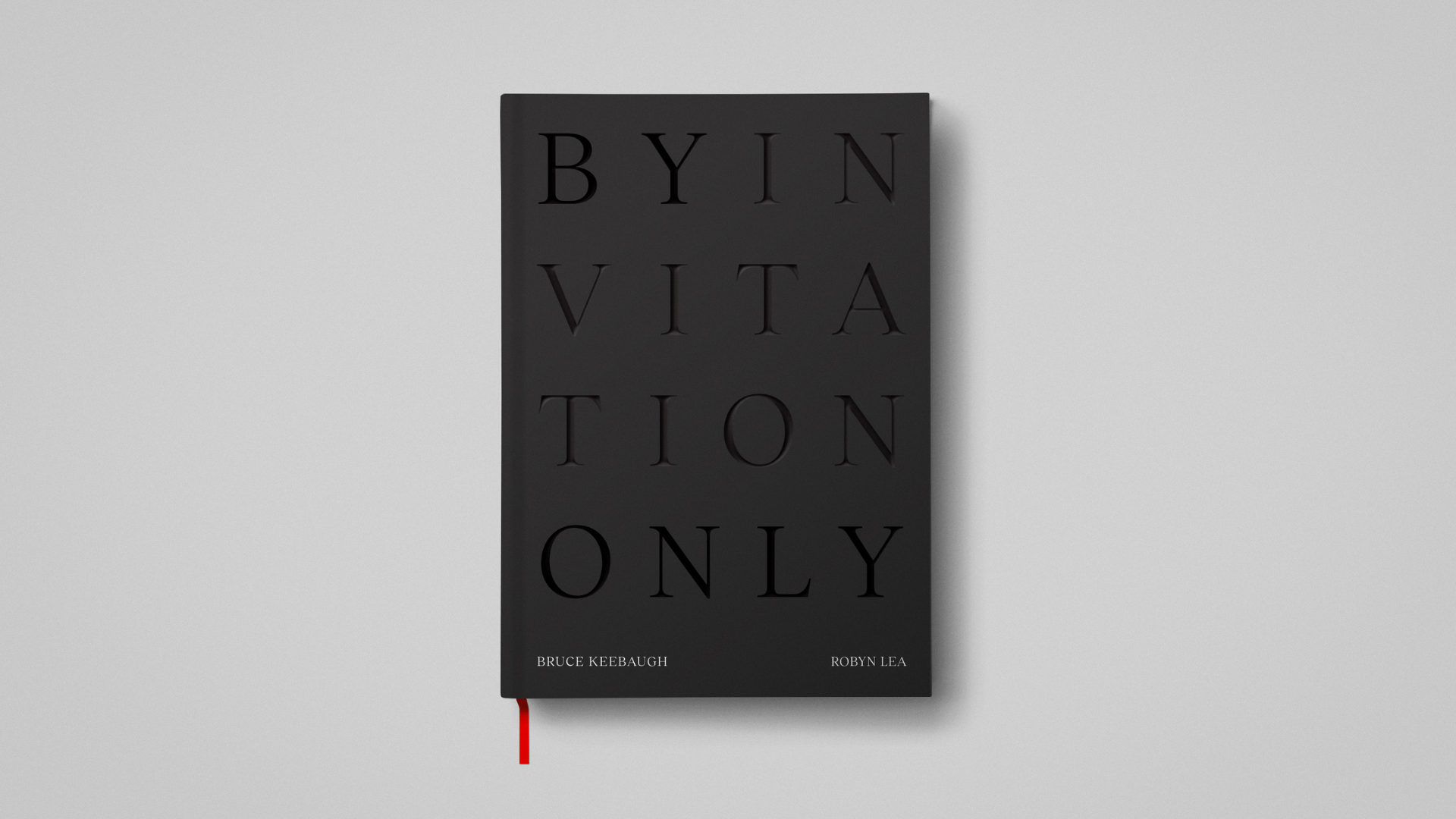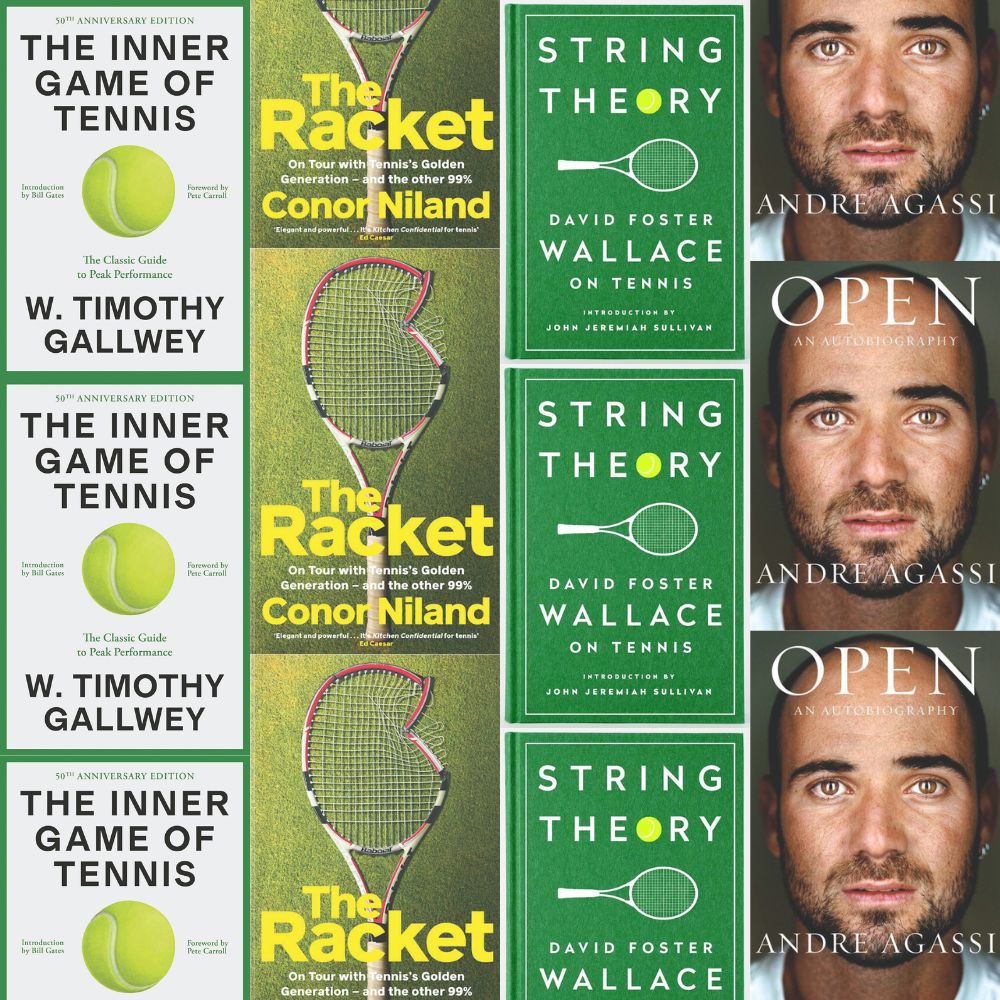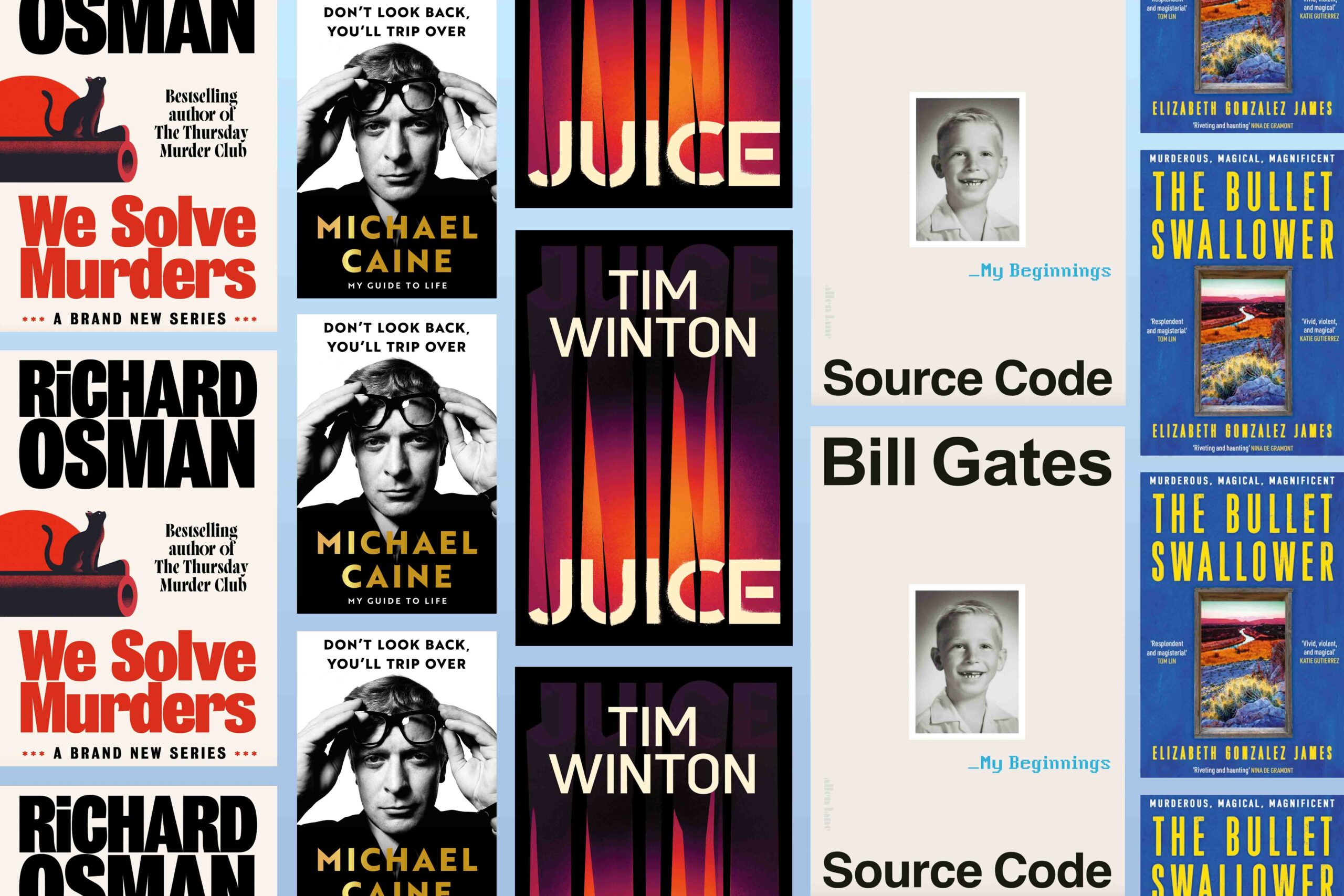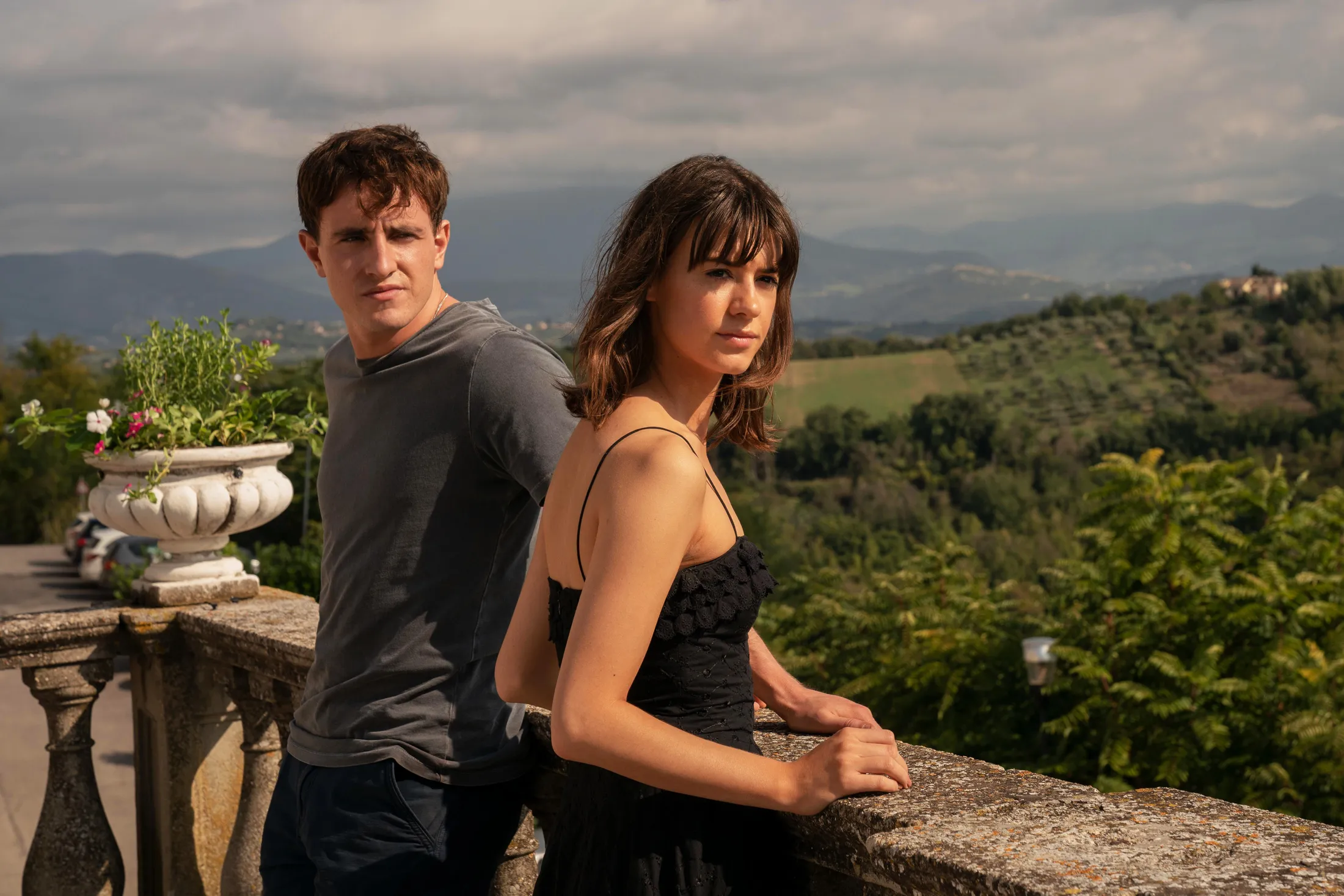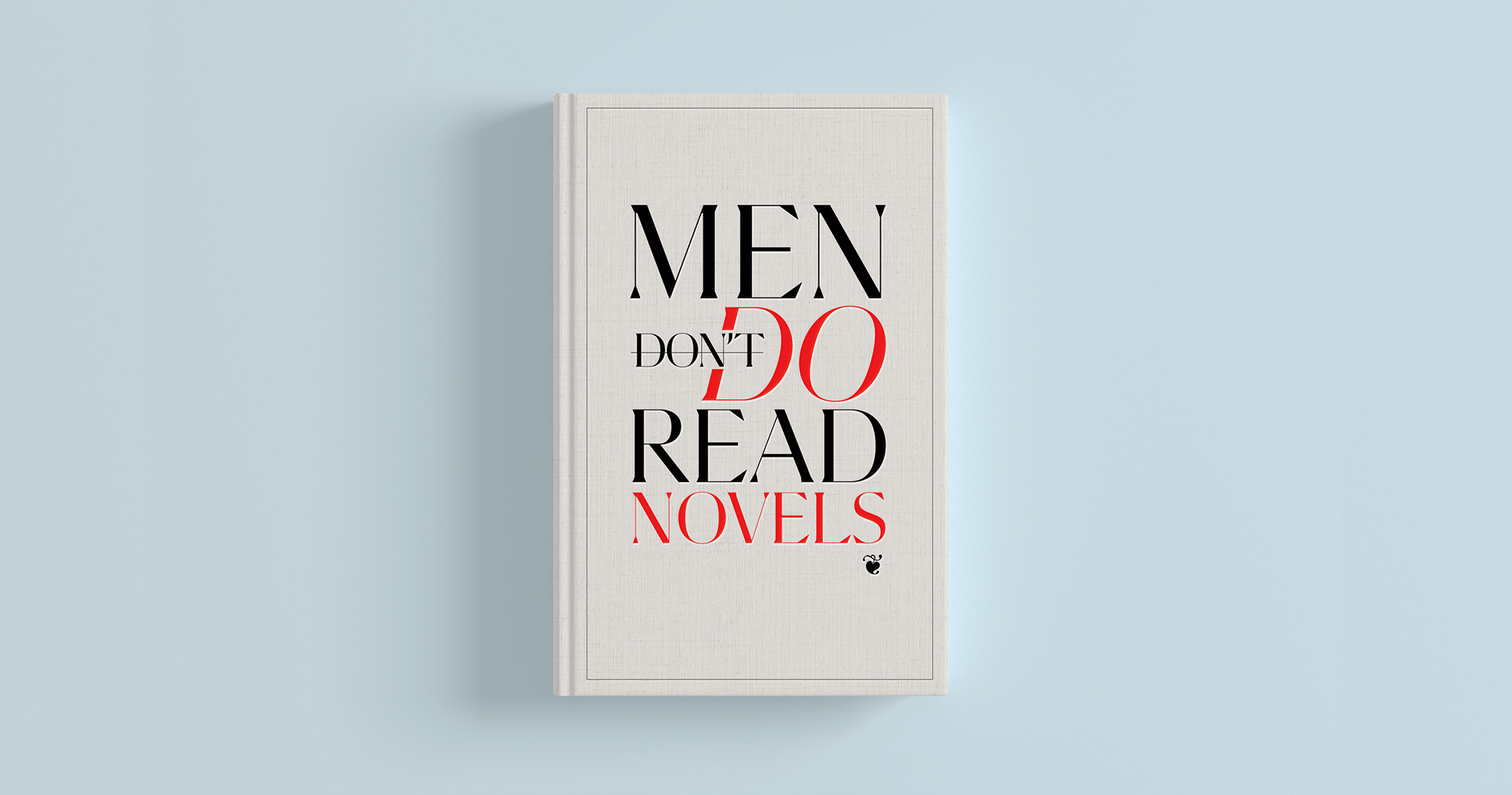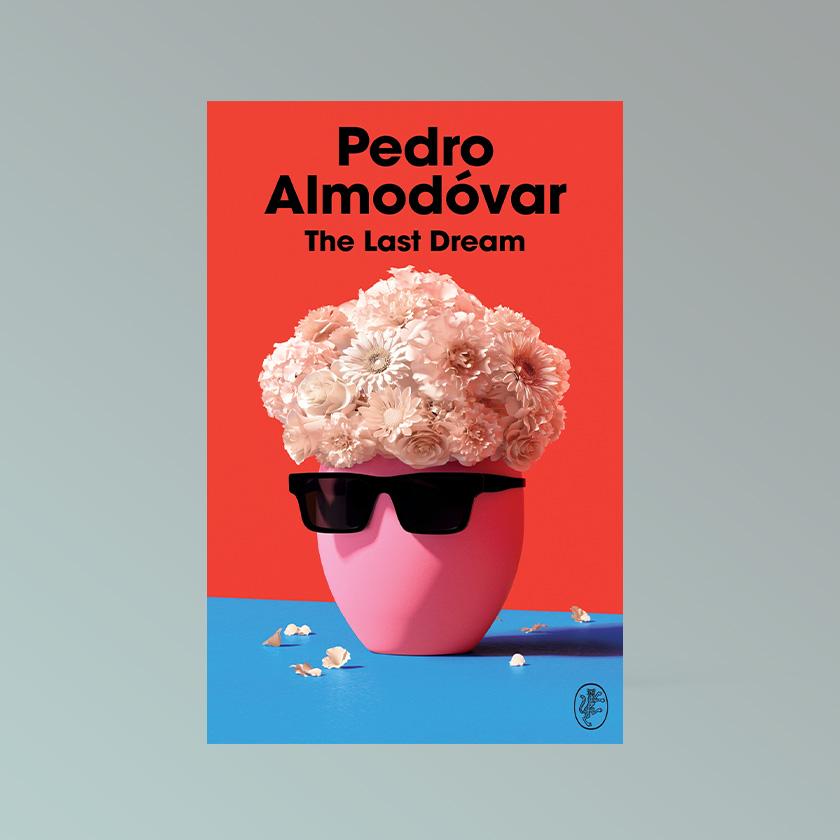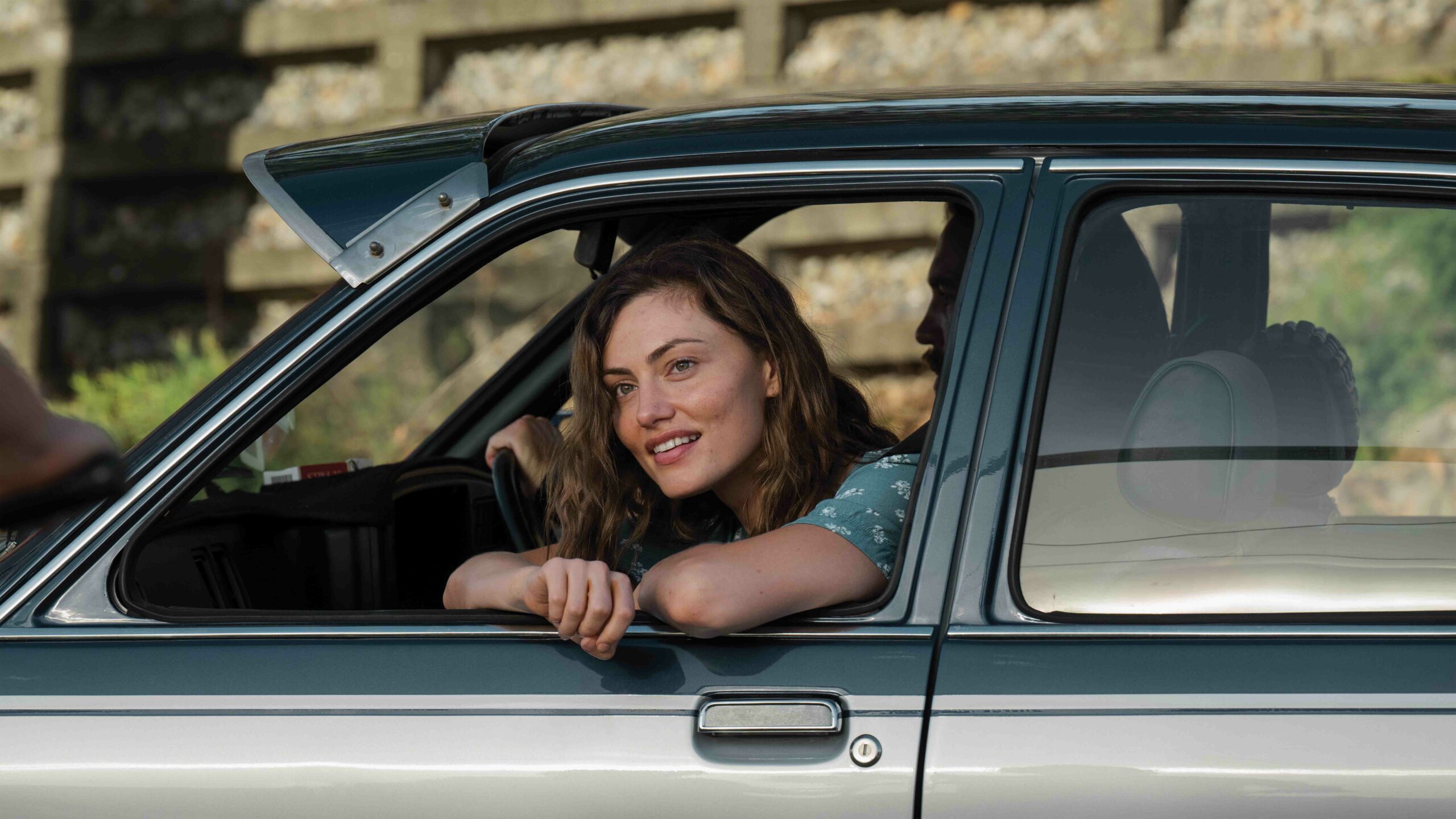What no one tells you about writing a novel
Writing a novel is a uniquely private and individual experience, in which characters emerge and entire worlds are created within an author’s mind. As Esquire columnist Jonathan Seidler recently discovered, in creating a memorable character, you learn a lot about your own strengths, flaws and motivations
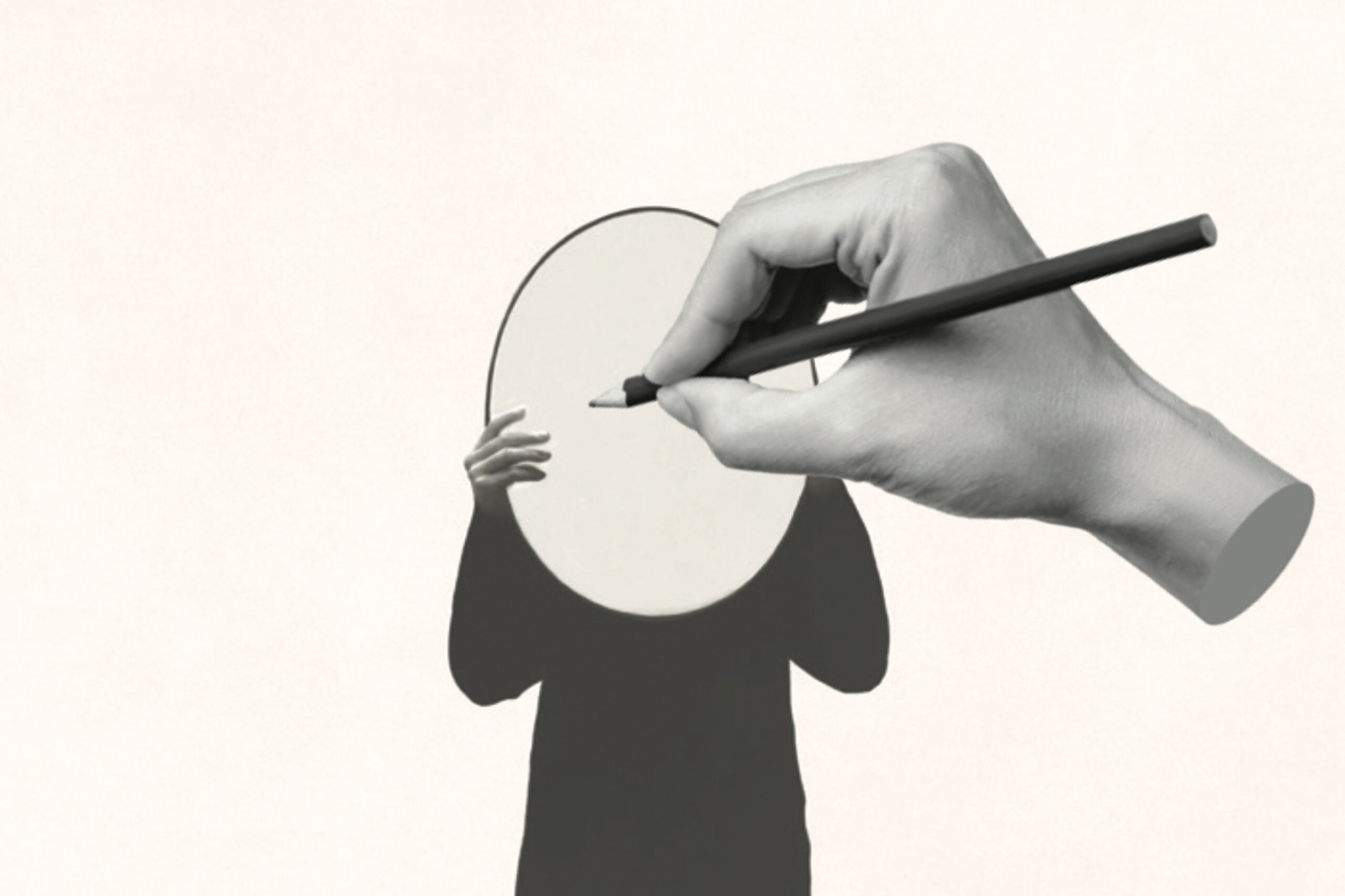
Jonathan Seidler is an Australian writer. This is his column for Esquire.
FOR ALMOST THE entirety of my new book, which is also my first novel, I write from the perspective of a woman. Writing fiction is very different to being a journalist, something I have done for much of my life. You don’t get to choose how and when a voice arrives in your head. Unlike an idea for a column or an investigative feature, which can percolate in the car, or in the shower or in conversations with colleagues, a protagonist begins speaking when they feel that you, the author, are most receptive to hearing them. This is because capturing their essence is something that needs to be done quickly. You can plan out a novel all you like, but until you can channel your main character energy vibrantly and realistically onto the page, it’s going nowhere. It is merely a skeleton without organs, veins bereft of blood.
Elly, the narrator of my book All The Beautiful Things You Love, has lived inside my head for the better part of a year. Unlike in my previous work, which was memoir, Elly and I have absolutely nothing in common. She is British, well over six feet tall and comes from a broken family. When I first heard her speak, she was sitting on a purple couch in her East London flat, surveying the wreckage of the most important relationship she’d ever had, wondering what was next. In some ways, Elly is an amalgam of many of the exceptional and exciting women I have met in my life, some of whom are my contemporaries and quite a few of whom are close companions. But also, she is none of them. She wears far too much black.
It would have been much easier if this story were told from Elly’s ex-husband, Enzo’s, perspective. Some might argue it’s the sandpit in which I should be playing. Unfortunately, I found him less interesting. From the outset, I believed I already understood his motivations, despite his also being fictional. It did not occur to me that I didn’t, or perhaps shouldn’t, have a licence to write Elly’s story as Elly. This is despite my awareness of the long list of award-winning male authors, from Jonathan Franzen to Haruki Murakami, who have been critiqued for their attempts at rendering female characters, or indeed their points of view, in any serious depth. It is possible this is a charge that will also be levelled at me, though hopefully not attached to a nomination for the Literary Review’s Bad Sex in Fiction Award.
Perhaps tellingly, ever since I was in primary school, I have gravitated towards my female friends. I would always want to hear what they had to say; whether in the playground, on the bus home or on MSN Messenger late at night. They categorically told better stories. Boys have yarns and in-jokes and occasionally the whiff of something tragic, but when I was growing up, if you were a creative type who loved high drama, or wanted someone to show you just what it felt like to be in love and lose it, you were more likely to get that from Lauren or Leah than Justin or Jeremy.
Without getting too discursive, the role of the novelist (within reason, of course) is to inhabit and explore other perspectives. Or, in the case of Elly, being open to letting them inhabit you.

AS WITH ANY major creative work, society tends to concentrate on the final product more than the process of crafting it. Feature films and blockbuster TV shows and chart-topping albums are exciting. Stifling studio sessions with no windows, long nights in the edit suite or week-long arguments over script changes are not. Writing books has perhaps the largest unsexy-to-sexy ratio of all of these pursuits, because until you sell your work to a publisher and commence editing, it is done almost entirely alone. There is no director or producer or group of session musicians. There is you, your head, your anxieties and a pen. It doesn’t matter how many Masterclass tutorials you watch. To write your first novel is to do a black diamond ski run, solo, while blindfolded – without ever having skied before. The only thing guiding you to the bottom is that voice.
I didn’t encounter Elly in a pub, or with friends by the beach. I often heard her walking through a quiet park with my infant daughter asleep in her carrier. I am a hypersocial person who thrives on activity, but to write novels I necessarily need solitude. It is a quirk of my personality that makes little sense to anyone who knows me well. Writing characters is a way of exploring such differences within yourself, mainly because you can’t discuss them with anyone but the people in your head. Someone smarter than me once likened writing fiction to photosynthesis: you require the sunlight – and by extension, the world at large as well as the people in it – for nourishment, but the act of creating that vital oxygen is something that happens privately.
The longer I have been a writer, the better I have become at creating these private spaces in unusual circumstances. This is a necessary attribute of the millennial condition; I don’t have a den in a mansion to disappear into, and with a small child regularly the focus of my attention at home, being anywhere that doesn’t typically demand conversation – like a train or a bus – can serve this purpose. Conversing with a character like Elly doesn’t require silence so much as it does anonymity. We have all become very good at slipping on noise-cancelling headphones and disappearing in plain sight. It’s just that some of us are writing novels at the same time.
SOME WRITERS HAVE a clear idea of how their novels will end, sometimes even before they’ve put down a single word. My style is a lot more piecemeal, a hangover perhaps from being a child of the internet, in which we experience ideas in a rush as they arrive, rather than wait for a neat narrative to unveil itself. All of this is to say that I didn’t know I was going to say goodbye to Elly until it was upon me. And I felt it viscerally, alone in a cafe staring out at the gathering storm clouds in November; the hollowing jab of heartbreak. As I wrote her final farewell to Enzo, which arrived completely out of order and much before the book was properly finished, my eyes started stinging.
Elly was never my friend, but that doesn’t mean I wasn’t attached to her, as I was to Enzo and the many others that I rendered to populate the novel. In our lives we are lucky if we have a few fully complex yet entirely intimate relationships. The real gift of being a writer who operates alone is that for a brief moment, whether a few months or years, I am afforded a handful more. By the time you read this, Elly will belong to everyone. Readers will project their own ideas onto who she is, what she represents and what she says about the world in which we live.
Writing and reading are beautifully symbiotic. Both happen in those uniquely private universes where nobody else can tread. I am sad to leave Elly, but feel safe in the knowledge that others will meet her as I did – packing up her flat, blasting loud music and wondering impatiently when that first chapter of the rest of her life is set to begin.
This story appears in the May/June issue of Esquire Australia, on newsstands May 6. Find your copy here.
Jonathan Seidler is an Australian writer, father and nu-metal apologist. He is the author of a memoir called It’s A Shame About Ray and a novel titled All the Beautiful Things You Love, which is out now. Jonno has some interesting things to say about music, fatherhood, Aussie culture, mental health, problematic faves and the social gymnastics of group chats. This is his column for Esquire. You can see all of his previous columns here.













